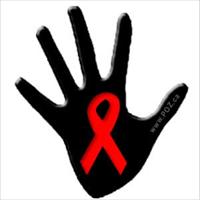UGANDA: Women shoulder AIDS burden

In many parts of Uganda, especially rural areas, women's roles have not changed since the first Women's Day a hundred years ago. Women are still the primary caregivers, and they still don't get credit for it, according to Sylvia Tamale, the Dean of Makerere University's Law School, in the capital, Kampala.
The HIV/AIDS epidemic has only added to this burden, but the type of unpaid, informal work that women do, caring for sick or orphaned family members, still goes largely unnoticed.
The theme of Women's Day for 2008 is "transforming societies to achieve political and social development" but Tamale, and many others, question whether these goals can be achieved without recognising the value of women's work outside the formal economy.
HIV/AIDS has disproportionately affected women in Uganda - more women than men are infected with the virus, and women invariably take on the role of supporting those who fall ill.
According to Beatrice Were, a Ugandan HIV/AIDS activist, the disease has been a double-edged sword: women have generally carried the burden of care, but "HIV/AIDS has provided the opportunity to illustrate and to realise the invisible power that we women have always had."
Women were responding to the HIV/AIDS crisis in the mid-1980s, long before the government came on board. "Women were already there," she said. "Women have been at the forefront of the HIV/AIDS response."
Were found out she was HIV positive in 1991, after her husband died of the disease in 1990. Like many others, she felt personally judged after publicly announcing her status. "I think there's still a perception, in a Ugandan context, that we as women are the ones who spread the disease. Women have always been blamed," she said.
Tamale felt that despite being at the forefront of the HIV/AIDS fight, the impact of the epidemic on women had yet to be properly assessed.
On this Women's Day, Were said, she would like to see African leaders "live up to the promises they've made to make a change in the lives of women. As women, we want to see that change."
 Back and Next - Back and Next
Back and Next - Back and Next See Also - See Also
See Also - See Also